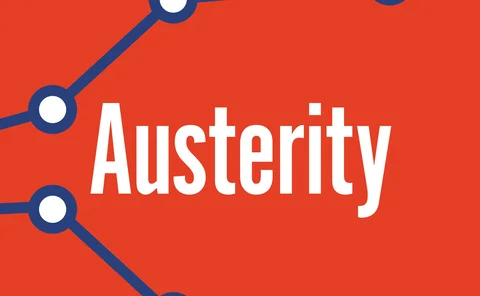Economics
Central banks rotate economics staff frequently
Economists typically spend only small portion of time on own research; opportunities for secondment abound
Advanced economies employ greater share of PhD economists
But both advanced- and emerging-economy central banks devote similar staffing to research
Central banks play key role in sourcing and sharing data
Institutions gather data from many sources and most share it with external researchers
Climate change on the agenda for most economics departments
Central banks explore a wide range of topics, with some differences between advanced economies and EMEs
Few central banks collaborate with private-sector researchers
Collaborations are common with academia, especially in advanced economies
Agent-based models remain rare among economics departments
Economics Benchmarks 2020 highlights the varied applications of different model types at central banks
Forecast errors marginally higher for growth than inflation
Data shows contrast between advanced and emerging economies
Eurozone unemployment falls slightly
Unemployment falls to 8.4%, but youth joblessness is much higher at 18%
Income levels have little bearing on economics staffing
European central banks have on average more staff in statistics; non-European institutions have more research economists
Early estimate says eurozone inflation staying put
Eurostat estimates for November show core inflation also remained stable at 0.2%
Central banks tend to mix research with policy functions
Institutions deploy a wide range of different governance frameworks when it comes to research
Semi-structural models are the forecast weapon of choice
Flexible modelling approach comes out on top; around half of central banks include a financial sector
FCA starts to move firms’ data to new platform
UK regulator says RegData platform is faster and more accessible than previous system
G20 agrees ‘common framework’ on debt relief
Leaders welcome decision, but criticise private sector for failure to act
Eurozone inflation remains at -0.3%
Persistent deflation will be key focus at next ECB policy meeting on December 10
Eurozone’s ageing is lowering interest rates – BoI paper
Natural real interest rate is likely to reach its lowest point around 2030, researcher finds
Zambia prepares for debt default
Talks on payment freeze fail as G20 prepares to debate further debt relief
Eurozone must not cut fiscal support too soon – IMF official
Environment favours public investment, but spending must be transparent, says fiscal affairs director Vítor Gaspar
Bank of Italy paper looks at flatter Phillips curve
Weaker collective bargaining has played key role in flattening relationship, researchers say
BoE paper offers solution to ‘paradox of flexibility’
Using shadow rate can avoid anomalous results at zero lower bound, authors say
Weak banks could reverse effects of policy rate cuts – ECB paper
Countercyclical buffers play crucial role in preventing “reversal interest rate” events, researchers find
IMF approves $370 million credit facility for Afghanistan
New programme aims to support country’s recovery from Covid-19
BIS paper warns economies may stagnate after Covid-19
Author models the structural changes brought about by the coronavirus pandemic
Book notes: Austerity, by Alberto Alesina, Carlo Favero and Francesco Giavazzi
When it works and when it doesn’t; every chapter is thorough, informative and persuasive














